Remembering Bucha and Irpin
Bucha and Irpin three years ago......

Today, March 31, marks the third anniversary of liberating Bucha and Irpin after over a month of Russian occupation. The whole world saw evidence of the murders, torture, and other crimes of the Russian military, as well as widespread destruction.
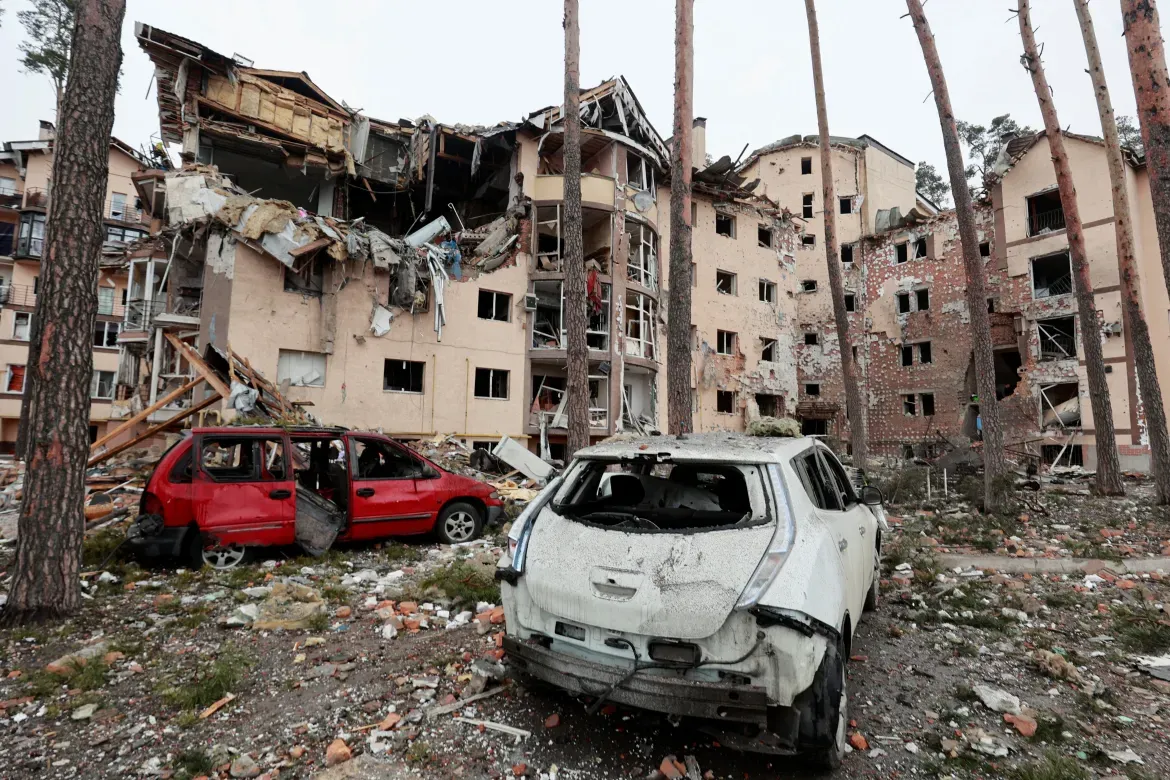
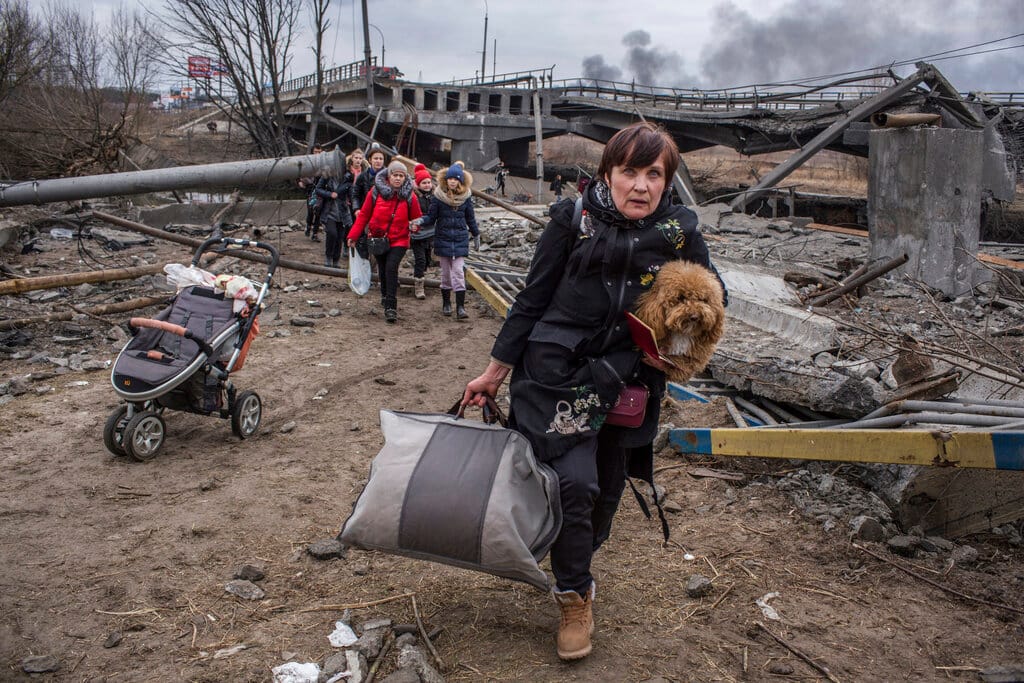
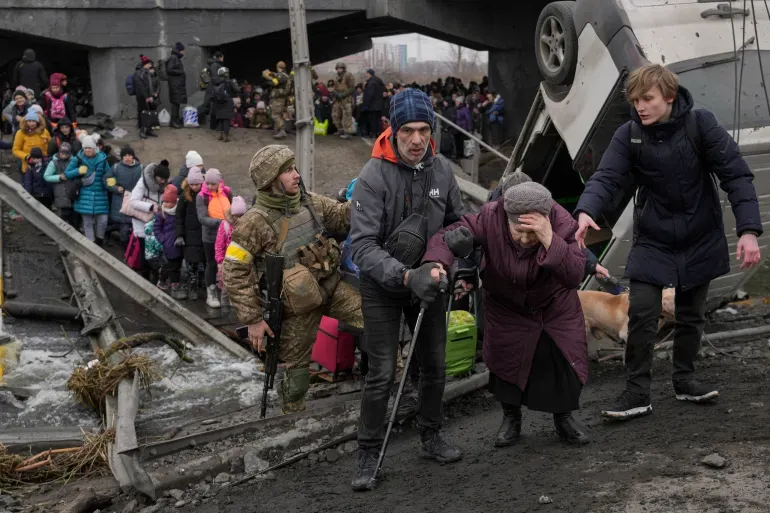
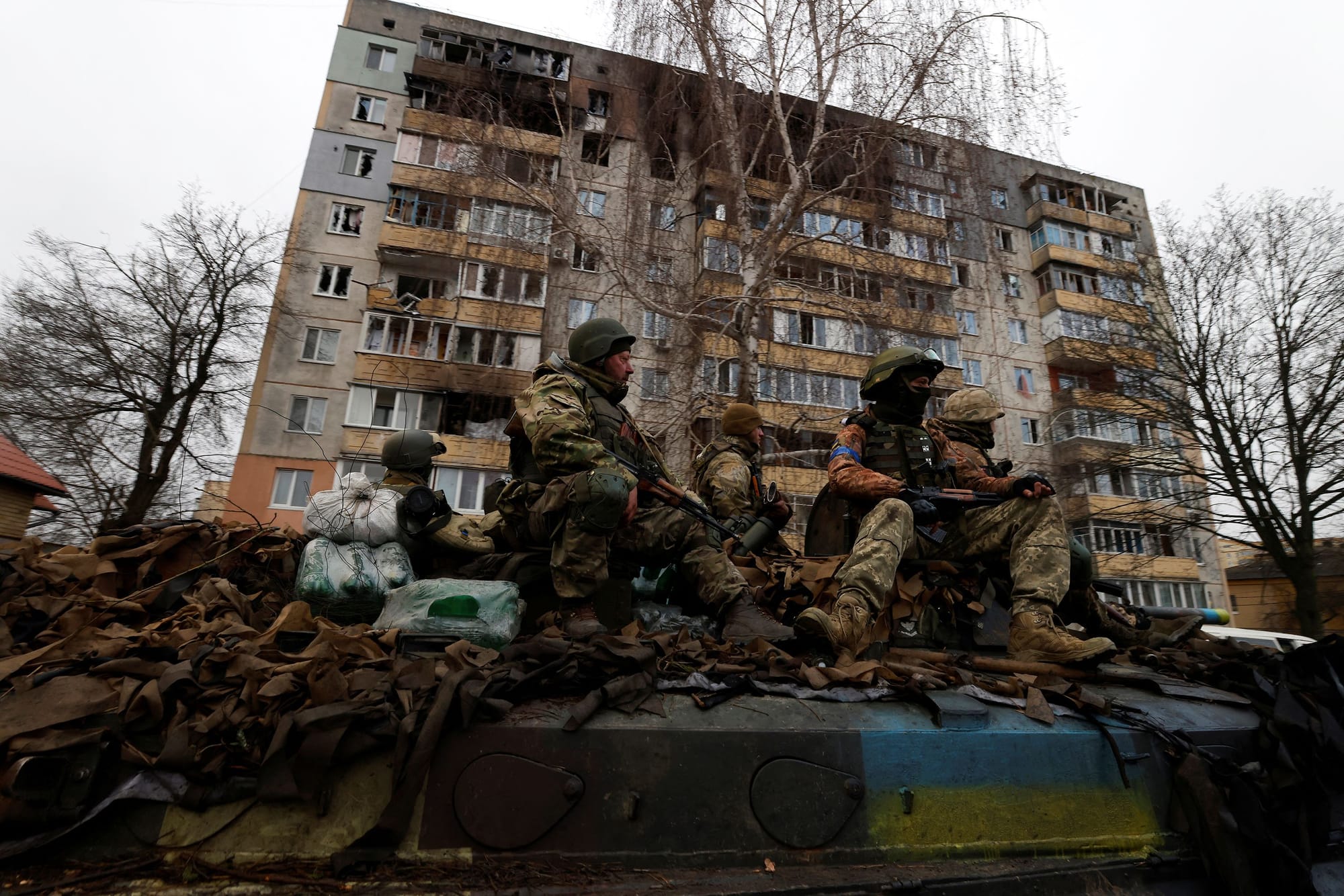
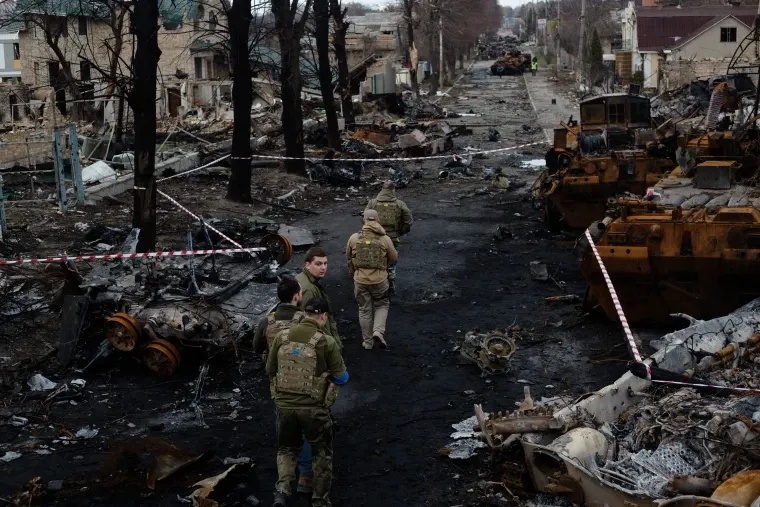
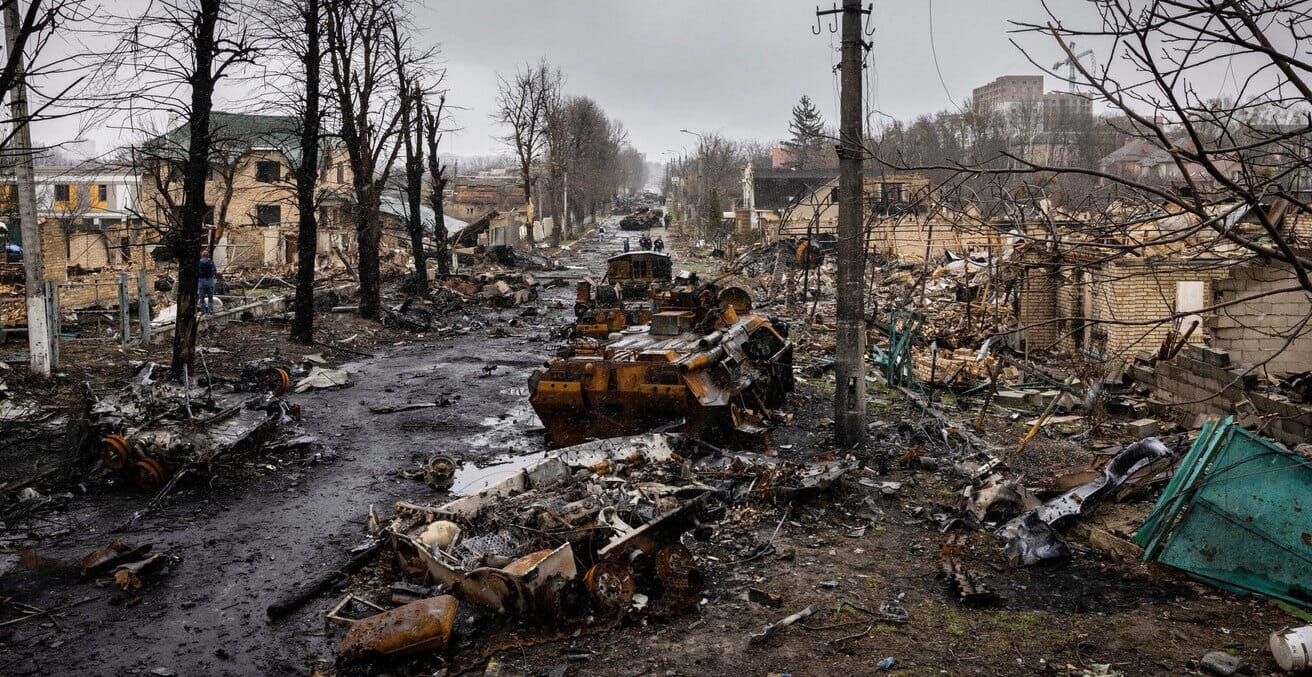
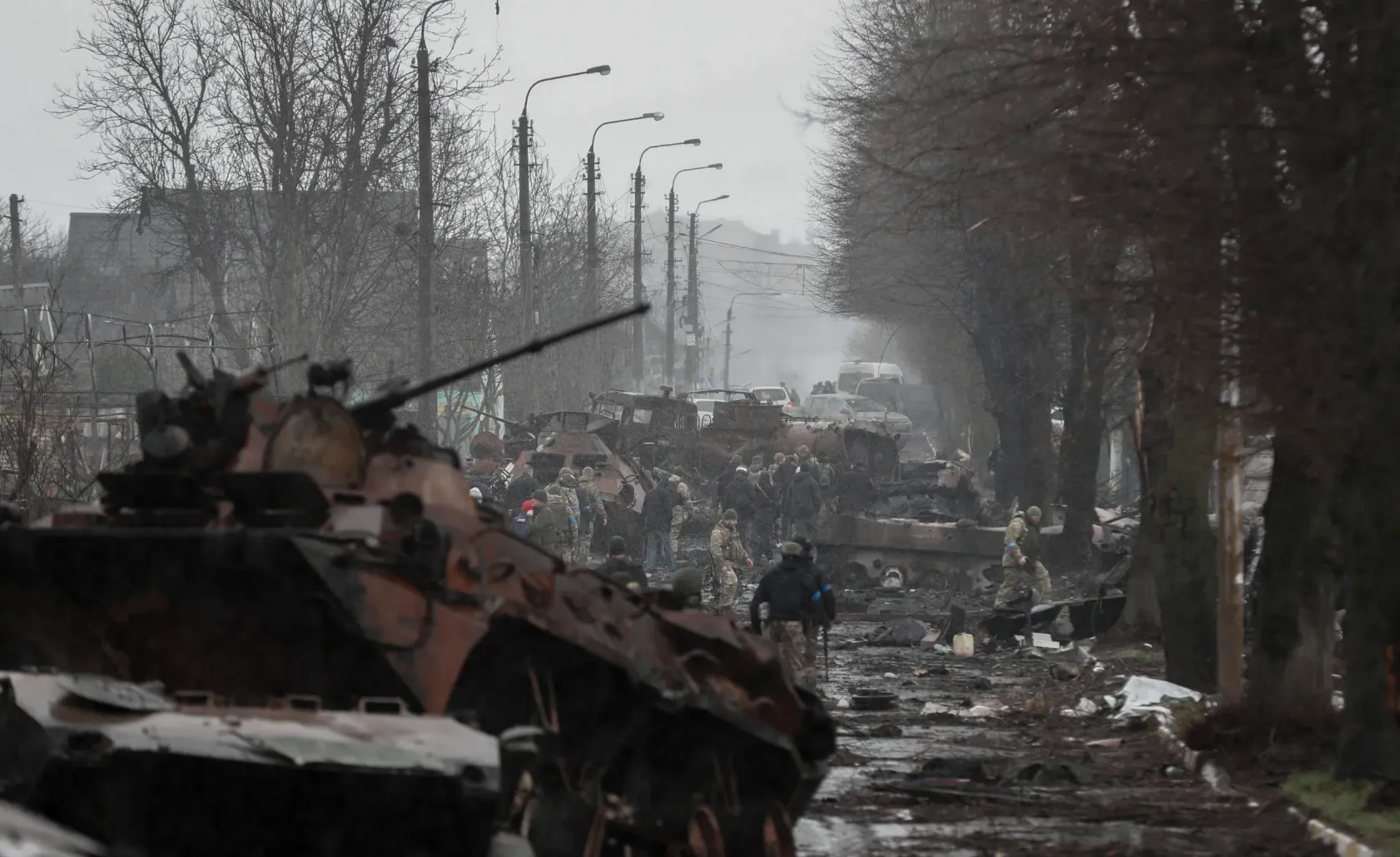
Bucha and Irpin, these two small settlements in the suburbs of Kyiv, became worldwide famous…tragically famous. With the beginning of the Russian full-scale invasion, these two towns were selected as ideal targets for encircling the capital and using them as Russian military footholds.
On March 1, 2022, Russian troops managed to occupy Bucha, Irpin, and a number of local villages and smaller settlements. During the occupation, Ukrainian authorities started receiving reports about war crimes committed by Russians.
On March 4th, in Bucha, Russian forces killed three unarmed Ukrainian civilians returning from delivering food to a dog shelter. The next day, on March 5th, two families were trying to escape when Russian soldiers spotted them. Tragically, the soldiers opened fire on the convoy. This resulted in the death of a man in the second vehicle. In the front car, a burst of machine-gun fire tragically claimed the lives of two children and their mother.
In Irpin, Russians repeatedly shelled the intersection, and hundreds of civilians used to flee and get to Kyiv.
On March 6th, a convoy of vehicles trying to help refugees escape the town was hit by mortar fire and explosive projectiles. This devastating attack claimed the lives of eight innocent civilians.
This marked just the start of a series of horrendous war crimes, the sheer brutality and magnitude of which were almost inconceivable in the 21st century, right in the heart of Europe.
By the end of March 2022, Russian forces, hampered by poorly coordinated tactics, logistical challenges, and various other difficulties, were compelled to withdraw their troops from the Kyiv region. Once Ukrainian forces had confirmed the safety and security of the territory, journalists were granted access to visit the newly liberated areas.
From that point onward, the atrocities committed by the Russian army began to be unveiled to the global community, leaving people around the world in a state of shock and disbelief.
A lot of pieces of evidence, proofs, and testimonies were collected by law enforcement, revealing that many civilians were executed. Residents said that Russian troops had killed the victims. They indicated many survivors had been hiding from the Russians in basements, too scared to come out. Some had no light or electricity for weeks, using candles to heat water and cook. They came out of hiding only when it was clear the Russians had left, welcoming the arrival of Ukrainian troops.
Russian soldiers carried out extensive house-to-house searches, questioning residents, looting their possessions, and even taking their clothes. Disturbingly, civilians were met with gunfire when they left their homes to find food and water. Even in the face of critical shortages, including basic necessities like water and heat, due to the destruction of local infrastructure, Russian troops ordered them to return indoors. Mass graves of civilians were discovered in Bucha, Irpin, and other settlements nearby. Also, Ukrainian investigators found evidence of torture, beheading, mutilation, and incineration of corpses. Also, there is proof that Russians tortured civilians. They organized torture chambers in basements. Many girls and women, spanning different age groups, were subjected to sexual assault. Regrettably, many of them lost their lives, and those who survived endured a protracted and challenging process of psychological healing and recovery.
Prior to their withdrawal, Russian forces engaged in widespread looting, pilfering items that may appear trivial, such as washing machines, hair dryers, microwaves, and even toilets from apartments and private homes.
The impact of the Russian occupation of the Kyiv region will leave a lasting mark on society. The total approximate casualties in Bucha amount to around 650 people, while in Irpin, the toll reaches 269.
Bucha and Irpin have sadly become symbols of the barbarity, cruelty, and violence of our modern era.

